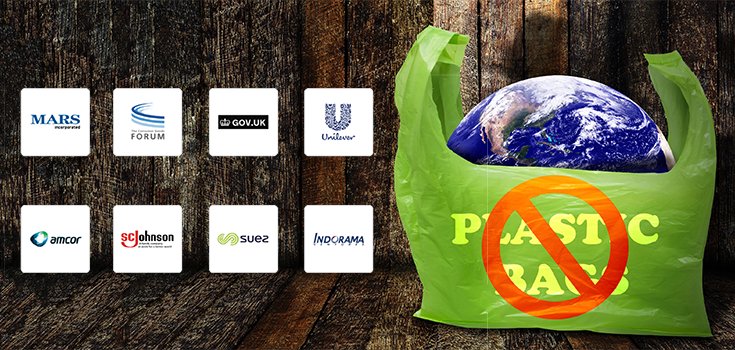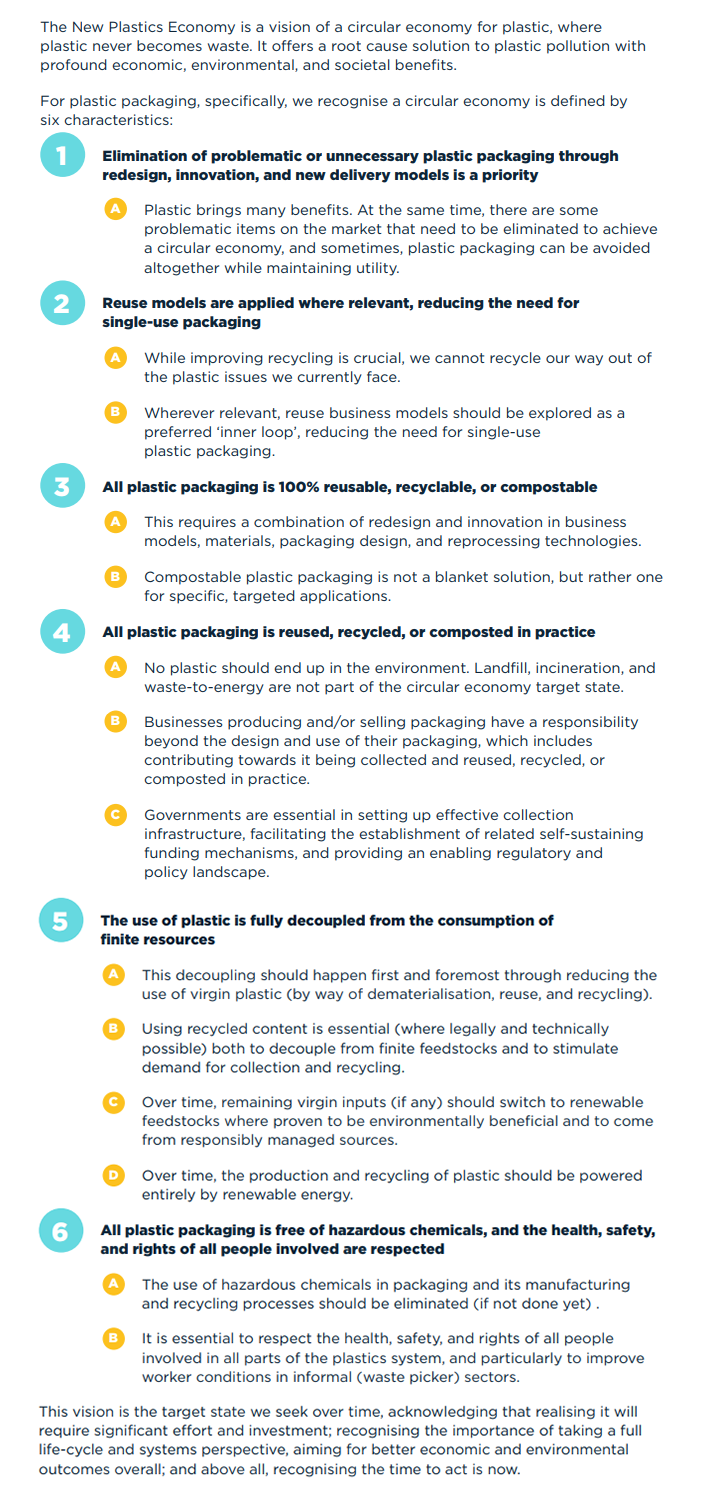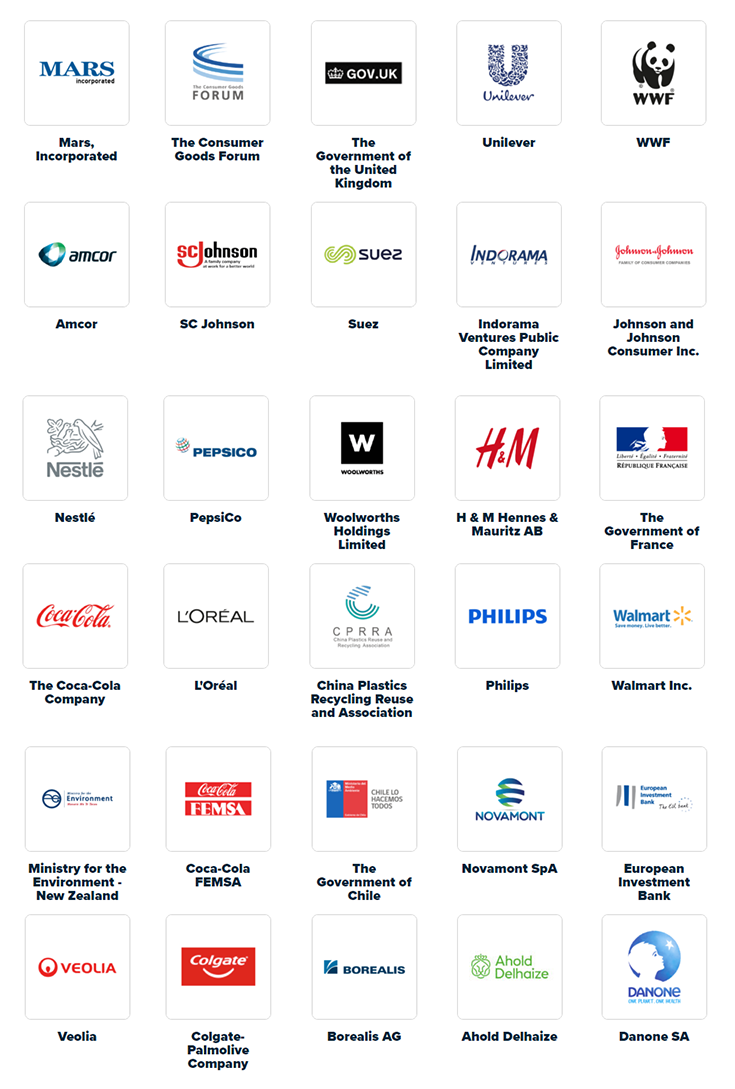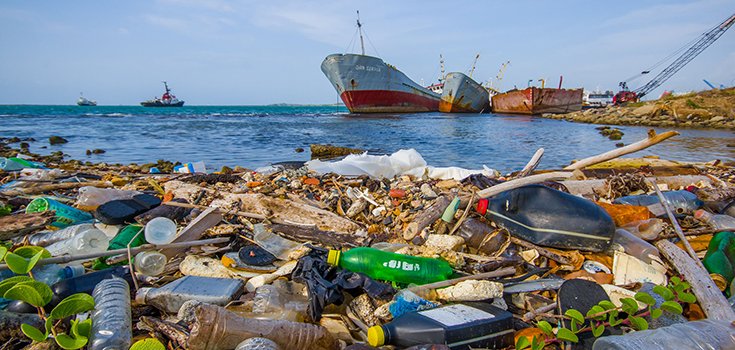Big Brands Pledge to Eradicate Plastic Waste by 2025

If you stay on top of world news, then you already know that countries, cities, and individual companies are trying to reduce the amount of plastic waste littering the planet. In many places, single-use plastic bags, plastic straws, and plastic eating utensils have already been axed, but it will take a far greater effort to make a sizable dent in the problem of plastic pollution.

Helping the earth to heal – and least preventing it from future damage – has become a top priority for some of the world’s biggest brands. This is, no doubt, in part because their customers are demanding change and want to see the worst polluters be held accountable (plus some tax breaks, I’m sure).
Sad: Humans Have Created 9 Billion Tons of Plastic in 67 Years
On October 29, even more big brands pledged to cut all plastic waste from their operations by 2025, in what the United Nations (UN) called the most ambitious effort yet to fight plastic pollution.
The announcement was made at the start of the 5th-annual Our Ocean Conference in Bali, Indonesia. The commitment is backed by the World Wide Fund for Nature (WWF) and is endorsed by the World Economic Forum and The Consumer Goods Forum, which represents about 400 retailers and manufacturers from 70 countries and 40 universities, institutions, and academics. [2]
The pledge was signed by more than 250 businesses, governments, and other organizations across the globe.
The world’s 3 biggest plastic polluters were recently named, and they will likely all sound familiar: Coca-Cola, PepsiCo, and Nestle.
Nestle has a reputation for being one of the evilest countries in the world. At one point, the company’s former CEO and chairman, Peter Brabeck-Letmathe said that access to water was not a human right. Nestle is also notorious for buying all of the water from drought-stricken towns, and pumping millions of gallons of water from Lake Michigan for free, even as Flint residents paid exorbitant prices for water in the wake of the city’s lead contamination crisis.
Coca-Cola, PepsiCo, and Nestle account for 64% of all plastic pollution identified in cleanups in the U.S.
Other Companies Signing onto the Pledge

Other familiar names who have signed onto the pledge include: [3]
- Colgate-Palmolive Co.
- Danone SA
- H&M
- Johnson & Johnson Consumer Inc.
- Kellogg Company
- L’Oreal
- Philips
- SC Johnson
- Stanley Black & Decker
- Target Corp.
- Unilever
- Walmart Inc.
- WWF
Ellen MacArthur, the record-breaking British sailor who is behind the plastic initiative, remarked: [1]
“We know that cleaning up plastics from our beaches and oceans is vital, but this does not stop the tide of plastic entering the oceans each year. We need to move upstream to the source of the flow.”
Some 250 organizations have made the pledge, including many of the world’s biggest packaging producers, leading consumer brands, retailers and recyclers, as well as governments and NGOs.
In making the pledge, the companies agreed to:
- Eliminate single-use and unnecessary plastic
- Make all packaging recyclable
- Review targets regularly and update the public on their progress to drive momentum
Erik Solheim, executive director of UNEP, calls the commitment “the most ambitious set of targets we have seen yet in the fight to beat plastics pollution.”
Plastic Pollution IS a Serious Problem

The United Nations Environment Program (UNEP) estimates that, by 2050, there will be more plastic in the sea than fish. Even now, the number of microplastics littering the oceans outnumber the stars in the sky.
Eight million tons of plastic and other waste get dumped into the oceans each year, killing marine life who mistake it for food and pass the pollution up the food chain.
Rob Opsomer, who leads the foundation’s New Plastics Economy initiative, said:
“Most efforts ’til now have been focused on cleaning up plastic pollution. This commitment is about eliminating pollution at its source.”
Read: Plastic Bottles Could Lead to a Real Environmental Crisis, Scientists Warn
Ben Jordan, senior director of environmental policy at Coca-Cola, said: [1]
“We are focused on improving the sustainability of all of our packaging, regardless of the type, and increasing the amount of recycled and renewable material.”
PepsiCo said it had made a number of pledges in a bid to “build a PepsiCo where plastics need never become waste”.
They added:
“Protecting our planet is hugely important to us. We are committed to achieving 100% recyclable, compostable, or biodegradable packaging by 2025.”
Environmental groups said they “cautiously welcomed” the “New Plastics Economy Global Commitment,” but stated the initiative didn’t go far enough to tackle the planet’s growing plastic waste problem. [2]
Sources:
[1] Reuters
[2] EcoWatch

Why wait 6 years? Why is it never, ‘immediately’? Because the Oil Barons want their profits.
Half of the brands listed should be on the ecologically minded ‘Never Buy From List’.